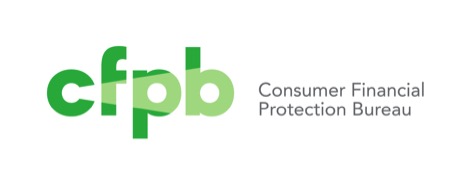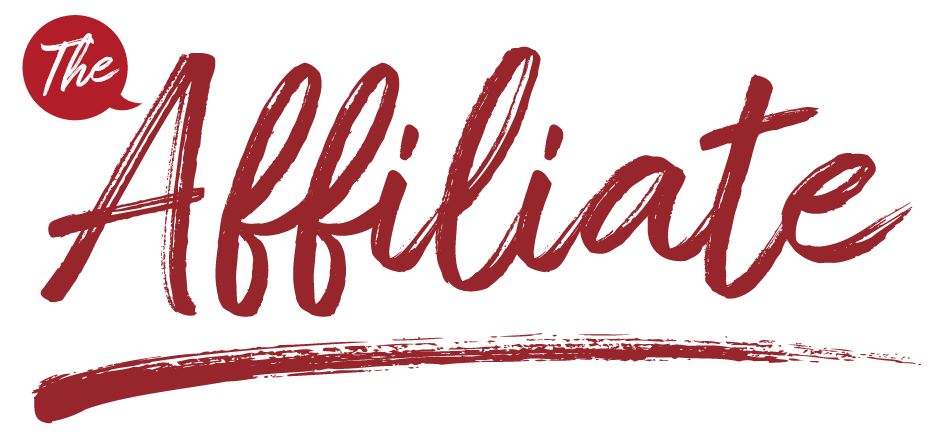 In the waning days of the Biden Administration, the Consumer Financial Protection Bureau (CFPB) released a final rule on overdraft protection for financial institutions above $10 billion in assets. The final rule is to go into effect on October 1, 2025. In their news release, the Bureau said that it “took action to close an outdated overdraft loophole that exempted overdraft loans from lending laws.” The rule limits overdraft charges to just $5. The CFPB’s proposed rule suggested a $14 cap on overdraft charges but its final rule caps overdraft charges at $5. The Bureau indicated in their release that financial institutions above $10 billion in assets “can choose to charge $5; to offer overdraft as a courtesy by charging a fee that covers no more than costs or losses; or continue to extend profit-generating overdraft loans if they comply with longstanding lending laws, including disclosing any applicable interest rate.”
In the waning days of the Biden Administration, the Consumer Financial Protection Bureau (CFPB) released a final rule on overdraft protection for financial institutions above $10 billion in assets. The final rule is to go into effect on October 1, 2025. In their news release, the Bureau said that it “took action to close an outdated overdraft loophole that exempted overdraft loans from lending laws.” The rule limits overdraft charges to just $5. The CFPB’s proposed rule suggested a $14 cap on overdraft charges but its final rule caps overdraft charges at $5. The Bureau indicated in their release that financial institutions above $10 billion in assets “can choose to charge $5; to offer overdraft as a courtesy by charging a fee that covers no more than costs or losses; or continue to extend profit-generating overdraft loans if they comply with longstanding lending laws, including disclosing any applicable interest rate.”
From their release:
These institutions would have to choose one of the following options when charging for overdrafts:
- Cap their overdraft fee at $5: Under this simple option, covered banks and credit unions could simply cap their fee at $5, which is the estimated level at which most banks could be able to cover their costs associated with administering a courtesy overdraft program.
- Cap their fee at an amount that covers costs and losses: For banks that wish to offer overdraft as a convenient service rather than as a profit center, the final rule allows financial institutions to set their fee at an amount that covers their costs and losses.
- Disclose the terms of their overdraft loan just like other loans: For financial institutions that wish to profit from overdraft lending, they may do so by complying with the standard requirements governing other loans, like credit cards. This would include giving consumers a choice on whether to open the line of overdraft credit, providing account-opening disclosures that would allow comparison shopping, sending periodic statements, and giving consumers a choice of whether to pay automatically or manually.
Whether the rule goes into effect will be largely determined by the incoming Trump Administration that aims to reduce regulations that hamper business and the economy. “We are hopeful that the Trump Administration and a new CFPB director will role back this rule and bring back common sense in regulation,” said Brandon Luetkenhaus, chief advocacy officer of the League.
On the same day of the rule’s release, America’s Credit Unions and other financial trade groups filed suit against the CFPB. The Nebraska Credit Union League wrote to Nebraska’s Congressional Delegation that the rule “will have a trickle-down effect and force smaller credit unions to reduce their fees to compete with the largest financial institutions that can recoup any reductions or losses through other products and services.” The League urged Congress to use the Congressional Review Act to repeal the rule and to reform or abolish the CFPB.


